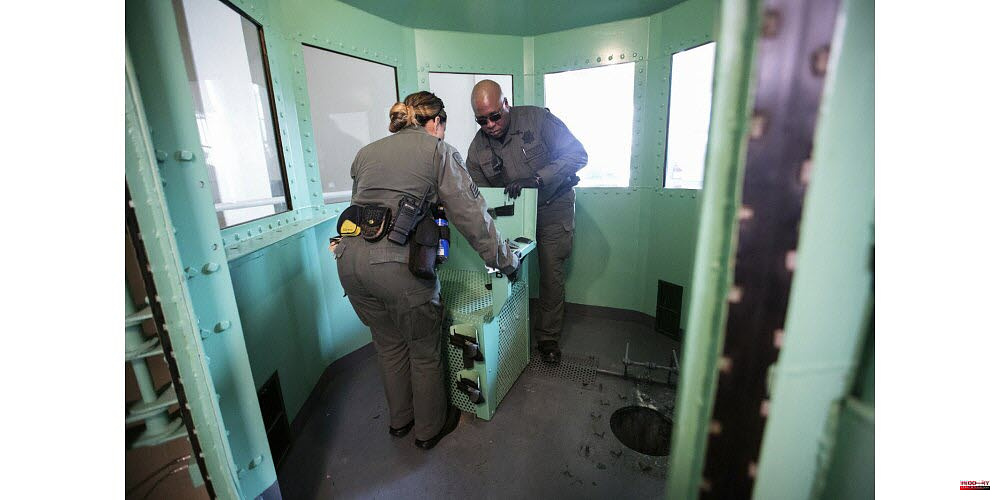According to a 2014 scientific study, 4% is the number of innocent Americans on death row. This was a controversial figure. Nearly 200 death row inmates have been released since 1973, when federal capital punishment was reinstated. There were 1,600 executions.
This number is likely to rise further as the US Supreme Court just ruled in Shinn v. Ramirez, which significantly increases the chance of a innocent person being sentenced to death.
This case law prevents two death row prisoners from presenting new evidence to federal court. However, it has been established that their convictions are based on the incompetence of their lawyers.
This is a point of procedure that could be considered a detail but can have deadly consequences. It increases the likelihood that innocent people or guilty people will be executed.
The Supreme Court rejected the appeals by Barry Lee Jones, David Martinez Ramirez and David Martinez Ramirez in this particular case. While the first claim to innocence and can prove it, the second has a profound intellectual retardation which does not permit the death penalty to be applied.
Both were supported by "failing" lawyers, which is common in weaker or poorer communities.
However, in the end, they were denied any remedy by the Supreme Court.
This is a perverse decision. It's illogical. Sixth Amendment Rights for Many Petitioners: Court Ruling Ruins Sixth Amendment Rights
Sonia Maria Sotomayor is one of nine Supreme Court justices
Stephen Breyer, Elena Kagan and Ms. Sotomayor were also present. If a Supreme Court decision does not receive unanimous support from all nine justices, Ms. Sotomayor was joined by Elena Kagan and Stephen Breyer.
After being poorly defended, Jones and Ramirez were both sentenced in Arizona to death. They expected the Supreme Court would find that Jones and Ramirez had received poor defense and have been given new evidence.
Barry Lee Jones was assisted by a lawyer who admitted that he wasn't qualified to do so. Problem: His new defense, which contained the evidence likely to exonerate Jones, didn't mention the incompetent lawyer.
David Martinez Ramirez was sentenced to death for the murder of his girlfriend and her daughter. His defense again pointed out the mitigating factors that could save him from the death penalty. He grew up eating on the ground in a house littered by excrement and his mother was drunk during his pregnancy. She also beat him throughout his childhood. . Since then, he has suffered from severe motor and mental retardation. However, the lawyer failed in his duty to refer Ramirez to his failing lawyer.
After reviewing their cases, the Supreme Court ruled that the 1996 law on terror and the death penalty was the best. In these circumstances, she concluded that she didn't have to consider any new evidence, even if it would exonerate someone convicted.
In 2021, Arizona Attorney General Brunn Wallace Roysden stated that "Innocence isn't enough".
Clarence Thomas, a conservative judge, wrote the decision. He doesn't mention intellectual disability or proof of innocence. On the other hand, he mentions the "cost" for American justice and how the condemned might abuse it. .
Sonia Sotomayor disagrees. She recalls the legitimacy and necessity of recourses when it is risky for your head. She believes that the Court ignores or downplays the seriousness and failures of the judicial system in these two cases."
Let's put it bluntly: Two men whose lawyers failed to provide the minimum standard of legal representation can be executed by [the Court] because they are unable to exercise their constitutional right for counsel
Sonia Sotomayor
She regrets that the Sixth Amendment of the US Constitution on counsel and fair trials, which she refers to in these cases, has been ripped apart. "Most people in this situation will have no recourse or possibility of repair. She concludes that the Supreme Court is responsible for this terrible outcome, and not Congress.












